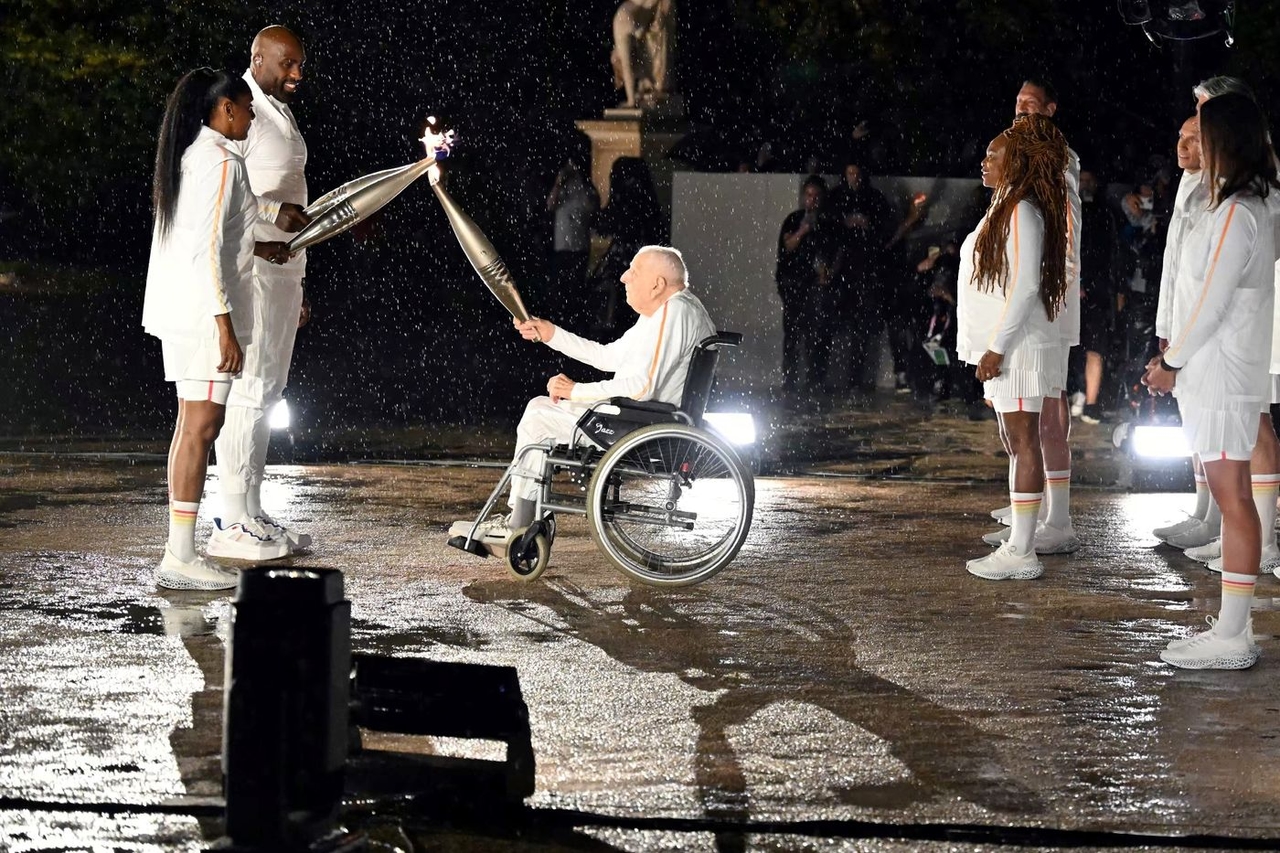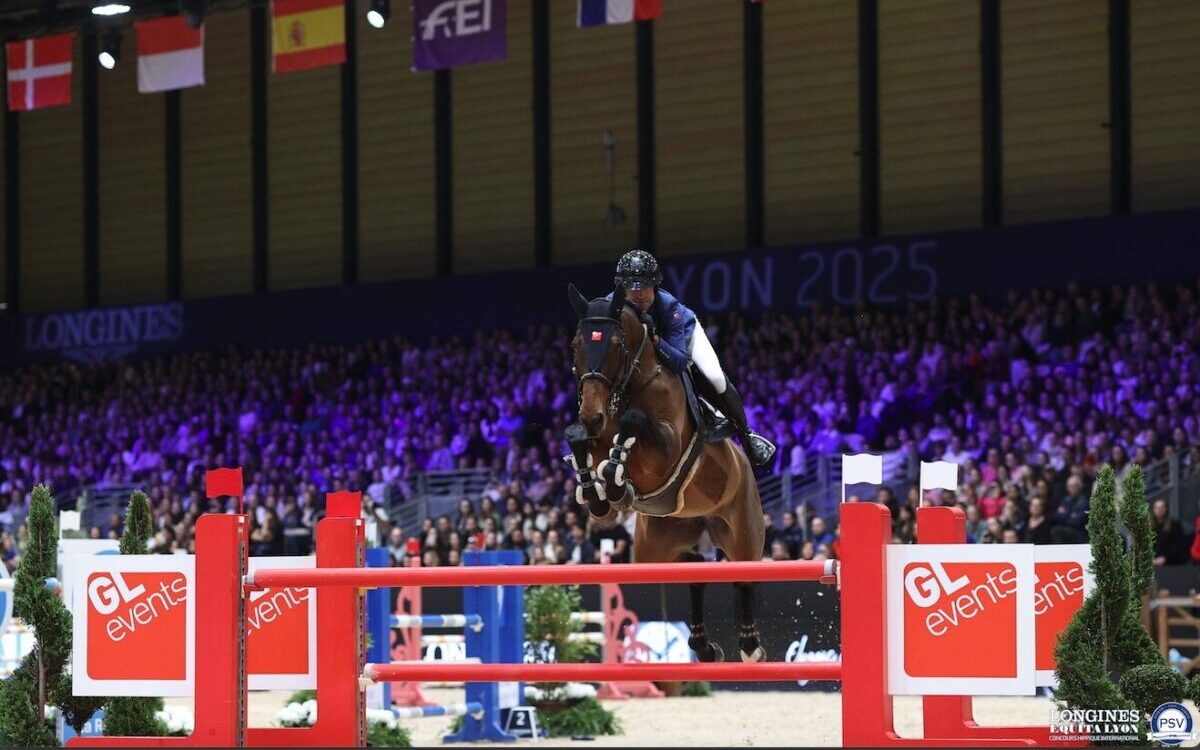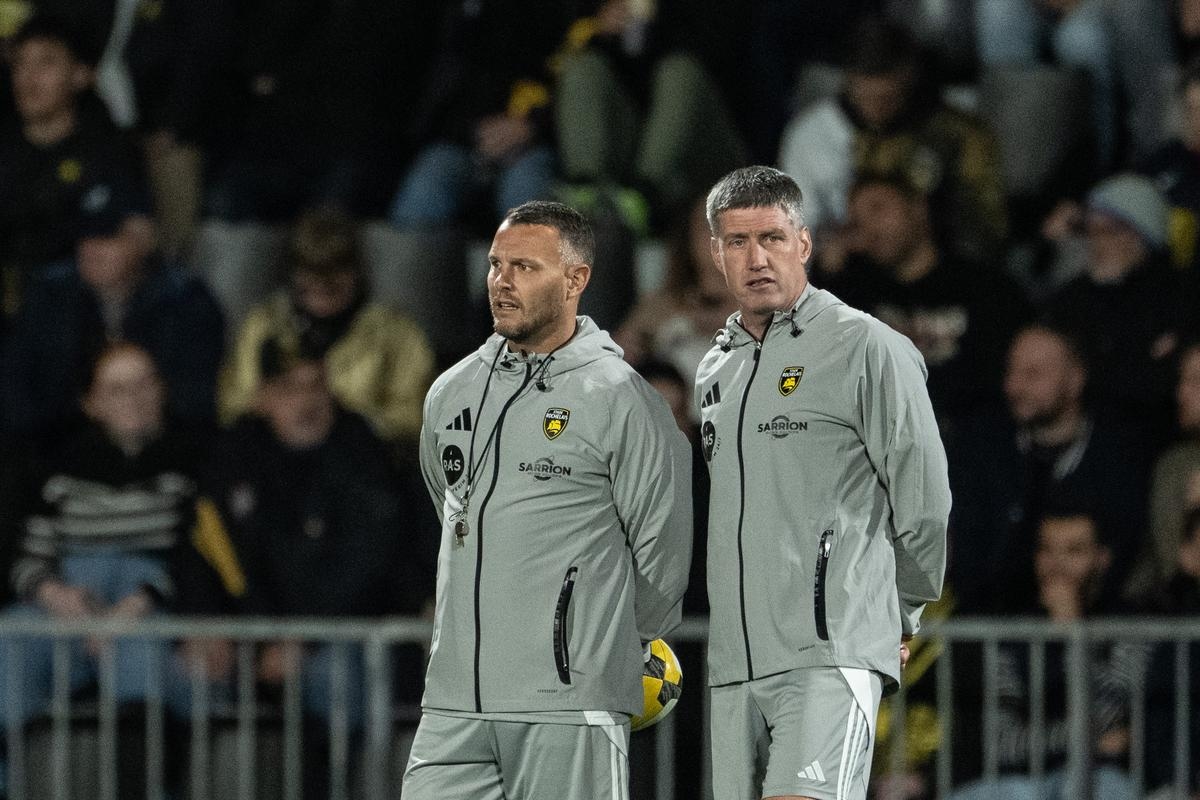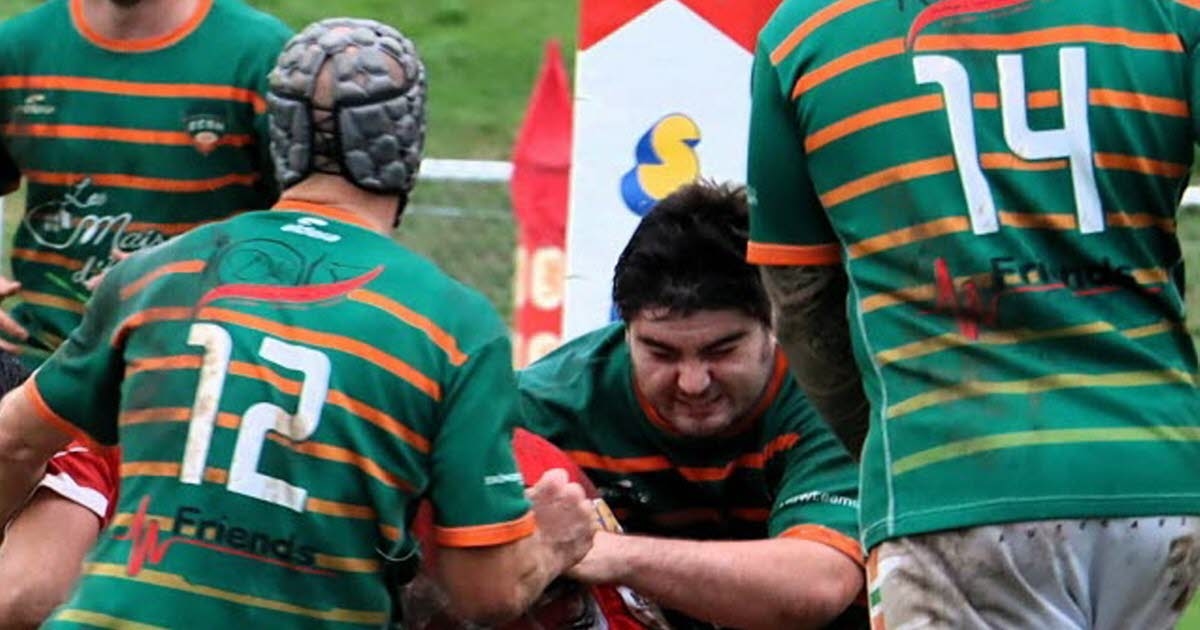Death of Charles Coste, the world's oldest living Olympic champion

Gold medalist in team pursuit at London in 1948, Charles Coste was the world's oldest living Olympic champion: he died on Thursday at the age of 101, French Sports Minister Marina Ferrari announced on Sunday.
After having long occupied an anonymous place in the memory of French sport, he came out of the shadows during the 2024 Games in Paris, for his 100th birthday.
The vast majority of French people got to know him in front of their screens on July 26, 2024, during the opening ceremony , when the centenarian track cyclist passed the Olympic flame in a wheelchair to the last relay runners, Teddy Riner and Marie-José Pérec.
Since the death in January 2025 of Hungarian gymnast Agnes Keleti, Charles Coste, born on February 8, 1924, was the oldest living Olympic champion.
“My mother used to say that at ten or twelve years old, I would say that I would be a general or an Olympic champion,” he reported in January 2024. And so he became an Olympic champion. In a sport, cycling, which he had discovered as a child. Every summer, beneath the windows of his father’s wine estate in Ollioules (Var), his idols of the time paraded by: Antonin Magne, Georges Speicher, and André Leducq, successive winners of the Tour de France in the early 1930s.
After promising early successes in regional races, the outbreak of war forced him to temporarily put his ambitions on hold: his parents enrolled him as an apprentice fitter at the Toulon arsenal. After the Liberation, Charles Coste joined the legendary Vélo Club de Levallois, which was a breeding ground for French cycling talent between the wars, and discovered the joys of track cycling in the velodromes of the Paris region.
In 1947, he won his only French championship title, in pursuit, and postponed his move to the professional ranks to participate a year later in the London Games – the first since those organized in Berlin in 1936 under the Nazi regime – which at the time were reserved for amateurs.
Appointed captain of the French pursuit team, he crossed the Channel by ferry and stayed, with his "ABCD" crew (the initials of Pierre Adam, Serge Blusson, Charles Coste, and Fernand Decanali), at a US Air Force training camp in a London suburb still scarred by bombing. After eliminating the British, favorites in front of their home crowd at the Herne Hill velodrome, in the semi-finals, the French won gold by defeating Italy.
"Back then, there was a very small podium. And you were given the medal in a case, not around your neck like today. What disappointed us a little was that we were given a bouquet and then told: well, there won't be the Marseillaise because we couldn't find the record!" he joked.
Upon his return to Paris, he was received at the Élysée Palace, like all medalists, by Vincent Auriol, then President of the Republic. But he had to wait until 2022 to receive his Legion of Honour, as the decoration for Olympic medalists was only established in 1964 by General de Gaulle for the Innsbruck Winter Games. "I was the only Olympic champion who didn't have a medal," stated the man who long considered himself "a forgotten figure" of French sport.
After the Games, he signed his first professional contract and in 1949 won the Grand Prix des Nations – a prestigious time trial event that has since disappeared – against his "friend" Fausto Coppi, "the greatest" cyclist of all time. "Unfortunately for him, he was tired that day and I won," he said modestly.
This is the greatest victory of his professional career – which also includes a Paris-Limoges in 1953 – during which he did not shine in the Grand Tours, with two abandonments in the Tour de France (1952, 1957) and four participations in the Tour of Italy without stage wins.
La Croıx



